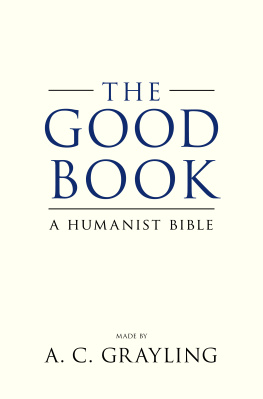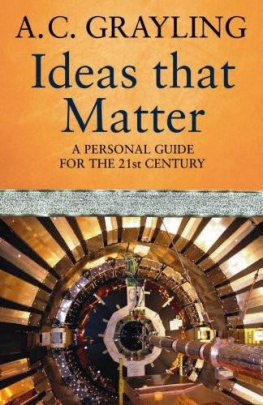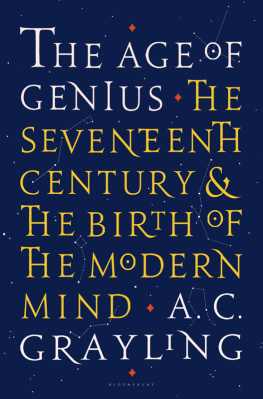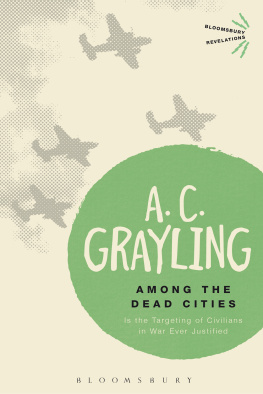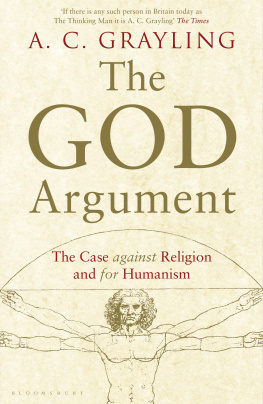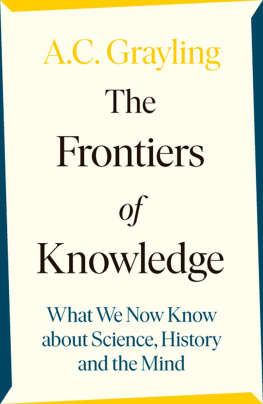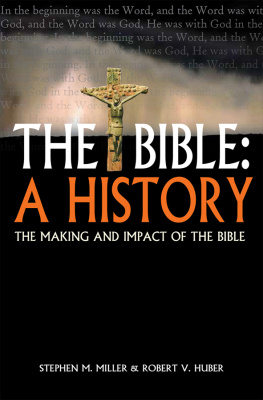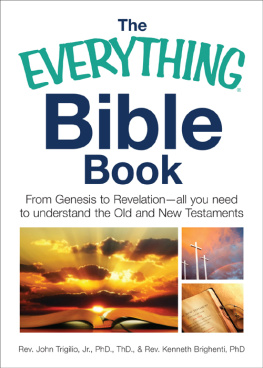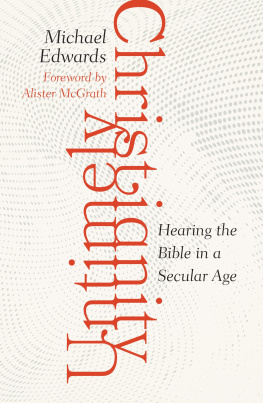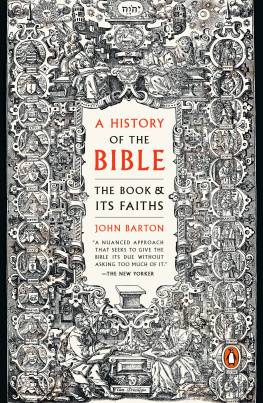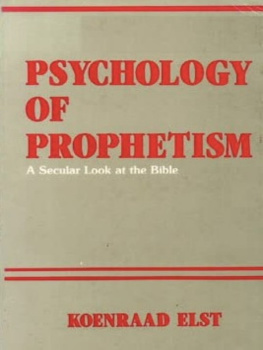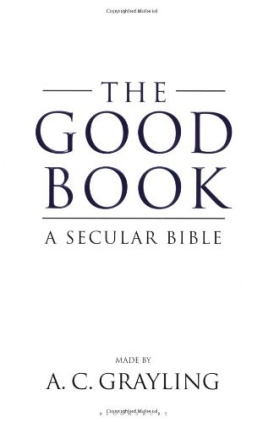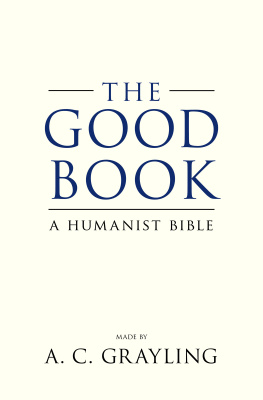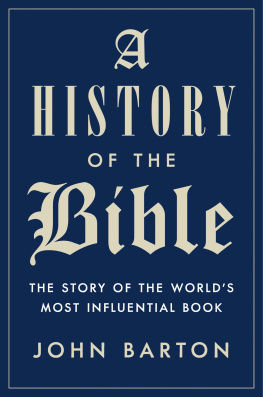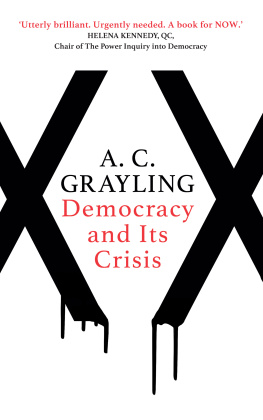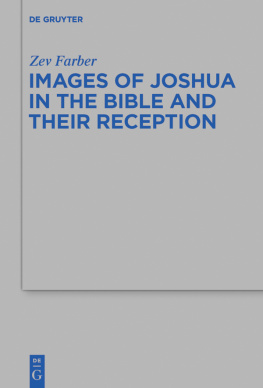Chapter 1
1. It has been well said that we should contemplate what the great did in the past, not just out of curiosity but to educate ourselves for the present.
2. Nobility and moral beauty have an active attraction, and invite all who live in later times to nobility again;
3. Not by imitation alone, but by stimulating thought about how to live, out of the bare contemplation of how some of the great once lived.
4. It is said, and rightly: to know what was done is to know better what to do now.
5. Nothing is more fitted to interest reflective minds than accounts of the variety of circumstance in human affairs,
6. Which, whether prompting admiration for achievement or lamentation for what was suffered, always offers instruction:
7. The untroubled recollection of past endeavours has a charm of its own to those who shared them,
8. While to those who did not share them, but who look upon them with interest and sympathy, there is much to be gained.
9. And yet those of great name are never faultless. Fame either heightens or hides flaws, so that memorials of them distort them into paragons or pariahs.
10. But why can there not be a juster appreciation of the alloy that is man, despite which some rise into the permanent annals of history,
11. Leaving their best achievements as examples to posterity, while we admit the base metal there inmixed?
12. The virtues of the great serve us as a looking glass, in which we may see how to adjust and adorn our own lives,
13. Their faults and frailties admonishing by example likewise, and the whole made of both serving as a manual of humanity.
14. Contemplating lives can be compared to associating with those we thus contemplate;
15. We receive and entertain in our inquiry each successive guest, view their qualities and select from their actions all that is noblest to know.
16. By the study of history and the familiarity acquired in writing, we habituate our memories to receive and retain images of the best and worthiest.
17. We are thus enabled to raise thought above what is base to better examples of our forerunners famous for their success,
18. Who leave no doubt whether they owe their achievements to luck, or their own character and conduct.
19. Of the many portraits one might paint to this end, only a few are necessary,
20. For from the few one can discern the many.
Chapter 2: Lycurgus of Sparta
1. Lycurgus, the lawgiver of Sparta, was the second son of that citys king and younger brother of Polydectes, who became king after their fathers death.
2. Their father was killed in a riot, for Sparta was then troubled with faction, the people unruly and undisciplined;
3. And the father of Lycurgus and Polydectes was stabbed by one of his subjects while trying to bring order.
4. Soon afterwards Polydectes died also, leaving the right of succession to Lycurgus; and reign he did, until it was discovered that Polydectes widow was pregnant;
5. Upon which Lycurgus immediately declared that the kingdom belonged to her issue, if it were male, and that he himself exercised authority only as the childs guardian.
6. A secret overture was made to him by the queen, that she would destroy the infant, on condition that he would marry her when he came to the crown.
7. Abhorring the womans wickedness, Lycurgus pretended not to reject her proposal,
8. But, making show of agreeing, dispatched a messenger with thanks,
9. And to dissuade her from aborting herself, which would impair her health, if not endanger her life, he himself, he said, would ensure that the child should be killed as soon as born.
10. By such artifices having drawn on the woman to her time of birth, when he heard that she was in labour, he sent persons to observe all that passed,
11. With orders that if it were a girl they should give it to the women, but if a boy, they should bring it to him wherever he was, and whatever doing.
12. He was at supper with the principal magistrates when the queen produced a boy, who was immediately brought to him at the table;
13. He, taking him into his arms, announced: Men of Sparta, here is our king;
14. And laid the child in the kings place, and named him Charilaus, that is, joy of the people;
15. Because all were transported with joy at Lycurgus noble heart. His reign had lasted only eight months, but he was honoured by the citizens,
16. Who obeyed him because of his virtues more than because he was regent.
17. Some, however, envied and opposed his growing influence; chiefly the kindred of the queen mother, who pretended to have been treated injuriously.
18. Her brother Leonidas, in a heated debate with Lycurgus, said he was certain they would soon see the latter king,
19. Thus suggesting suspicions and preparing the way for an accusation of him.
20. Similar hints were spread about by the queen mother and her adherents.
21. Troubled by this, and suspecting the outcome, Lycurgus thought it wisest to avoid their envy by a voluntary exile,
22. And to travel abroad until his nephew reached marriageable age, and, by having a son, secured the succession.
23. Setting sail, therefore, he first went to Crete, where, having considered the different city governments there,
24. And having made acquaintance with their principal men, he resolved to make use in Sparta of those of their laws he admired, though much he rejected as useless.
25. Among the persons there renowned for learning and wisdom in state matters was one Thales,
26. Who though by outward profession a poet, was one of the ablest lawgivers in the world.
27. Lycurgus persuaded Thales to go to Sparta, where the songs he composed, which were exhortations to discipline and concord,
28. And the measure and cadence of the verse conveying order and tranquillity,
29. Had so great an influence on the listeners, that they were insensibly softened and civilised,
30. Insomuch that they renounced their private feuds and animosities, and were reunited in common virtue.
31. So that it may truly be said that Thales prepared the way for Lycurgus later reforms.
32. From Crete Lycurgus sailed to Asia, with design, as is said, to examine the difference between the societies of the Cretans, which were sober and temperate, and those of the Ionians, a people of luxurious habits.
33. Here he first read Homers works, in the library of the family of Creophylus;
34. And having observed that they contained serious lessons of state and morality, set himself eagerly to transcribe and order them, thinking they would be of good use in his own country.
35. They had, indeed, already obtained some slight repute among the Greeks, and scattered portions, as chance conveyed them, were in the hands of individuals;
36. But Lycurgus first made Homers works really known.
37. The Egyptians say that he visited them, and some Greek writers also record this.
38. But as for his voyages into Spain, Africa and the Indies, and his conferences there with the Gymnosophists, there is slender evidence only.
39. Lycurgus was much missed at Sparta, and often sent for, for we have kings, they said, with the name of royalty, but as for the qualities of their minds, they are no different from their subjects;
40. Adding, that in him alone was the true foundation of sovereignty: a nature made to rule, and a genius to gain obedience.
41. The kings too wished him home, for they looked on his presence as a bulwark against the people.
Chapter 3
1. So Lycurgus returned, and finding matters in bad posture, applied himself to a thorough reformation,
2. Resolving to change the whole face of the commonwealth; for what could a few new laws only, and a partial alteration, avail?
Next page
